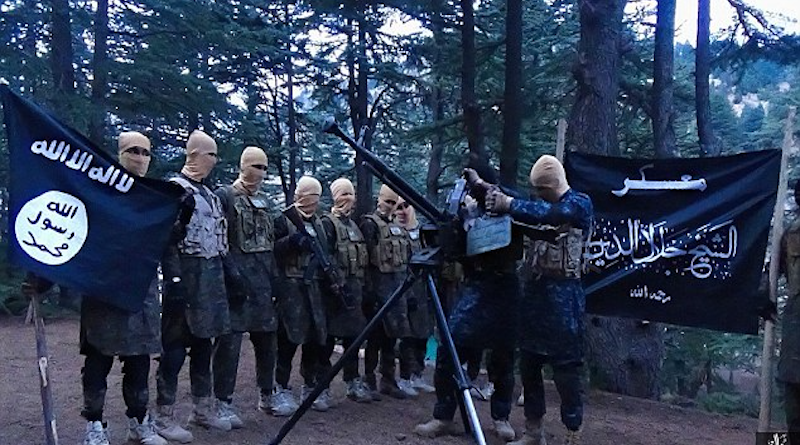The Resurgence Of ISKP: Taliban’s Inabilities To Control It – OpEd
In the intricate landscape of Afghan security, the Islamic State Khorasan Province (ISKP) has emerged as a formidable disruptor, challenging the control and stability sought by the Taliban regime.
While global attention often fixates on the dynamics between Western powers and the Taliban, the resurgence of ISKP demands a closer examination. This article aims to unravel the multifaceted dimensions of the ISKP threat to the Taliban and explore its implications for Afghanistan’s security and regional stability.
Established in 2014 as an offshoot of the Islamic State (IS), ISKP has evolved into a potent entity with its leadership structure and a distinct ideological stance. In contrast to the Taliban’s primarily nationalistic goals and implementation of its interpretation of Islamic law, ISKP seeks to establish a global Caliphate, marking itself as ideologically distinct and more radical.
Key figures like Abu Bakr al-Baghdadi and Abu Ibrahim al-Hashimi al-Qurashi have played pivotal roles in ISKP’s expansion. The stronghold of ISKP is concentrated in eastern Afghanistan, particularly in provinces like Nangarhar and Kunar. These areas have become conflict hotspots as the Taliban and ISKP vie for territorial control, leading to persistent clashes and localized instability. These confrontations often result in civilian casualties, exacerbating the suffering of local populations caught in the crossfire.
Recruitment Strategies and Challenges for Afghanistan:
ISKP employs diverse recruitment tactics to bolster its ranks. Factors such as poverty, lack of education, and a sense of marginalization drive individuals to join ISKP, offering them a sense of belonging and purpose. The group’s sophisticated propaganda machinery, utilizing social media platforms, plays a pivotal role in radicalizing vulnerable individuals. The allure of global jihad and a sense of religious duty are powerful motivators for recruits.
Challenges Faced by the Taliban:
- Diversion of Resources: Countering the ISKP threat diverts valuable resources and attention away from the Taliban’s governance efforts. As the Taliban engages in military operations against ISKP, it faces difficulties in delivering basic services and maintaining law and order.
- Internal Dissent: Some Taliban fighters disillusioned by the leadership’s engagement in talks with Western powers have defected to ISKP, highlighting internal dissent within the Taliban ranks.
- Governance Struggles: The Taliban’s efforts to establish effective governance are hindered by the persistent ISKP threat. The group’s presence undermines the Taliban’s ability to assert control and maintain stability in contested areas.
International Response and Implications:
The emergence of ISKP in Afghanistan has prompted international actors to reconsider their approach to the country. Collaborative efforts between the Taliban and external powers, including intelligence sharing and counter-terrorism cooperation, have become more pronounced in the face of this common adversary. The struggle for supremacy between the Taliban and ISKP may intensify, leading to increased violence and instability in Afghanistan. The Taliban’s ability to maintain control while addressing the ISKP threat will determine the country’s long-term stability. The delicate balance between governance and security remains uncertain. The ISKP challenge has prompted international actors to stay engaged in Afghanistan, both in terms of humanitarian assistance and security cooperation.
Conclusion:
The resurgence of ISKP in Afghanistan presents a formidable challenge to the Taliban’s control and the nation’s overall stability. The clash of ideologies, territorial disputes, and recruitment efforts by ISKP contribute to ongoing violence and instability. The Taliban’s diversion of resources, internal dissent, and governance struggles further complicate the situation. The international community must remain vigilant in addressing the ISKP threat, recognizing that its resurgence has far-reaching implications for Afghanistan’s security and regional stability. Ultimately, Afghanistan’s path to lasting peace hinges on how effectively these challenges are addressed and managed in the years to come. The delicate dance between the Taliban and ISKP will shape the nation’s destiny, with ramifications extending beyond its borders.

